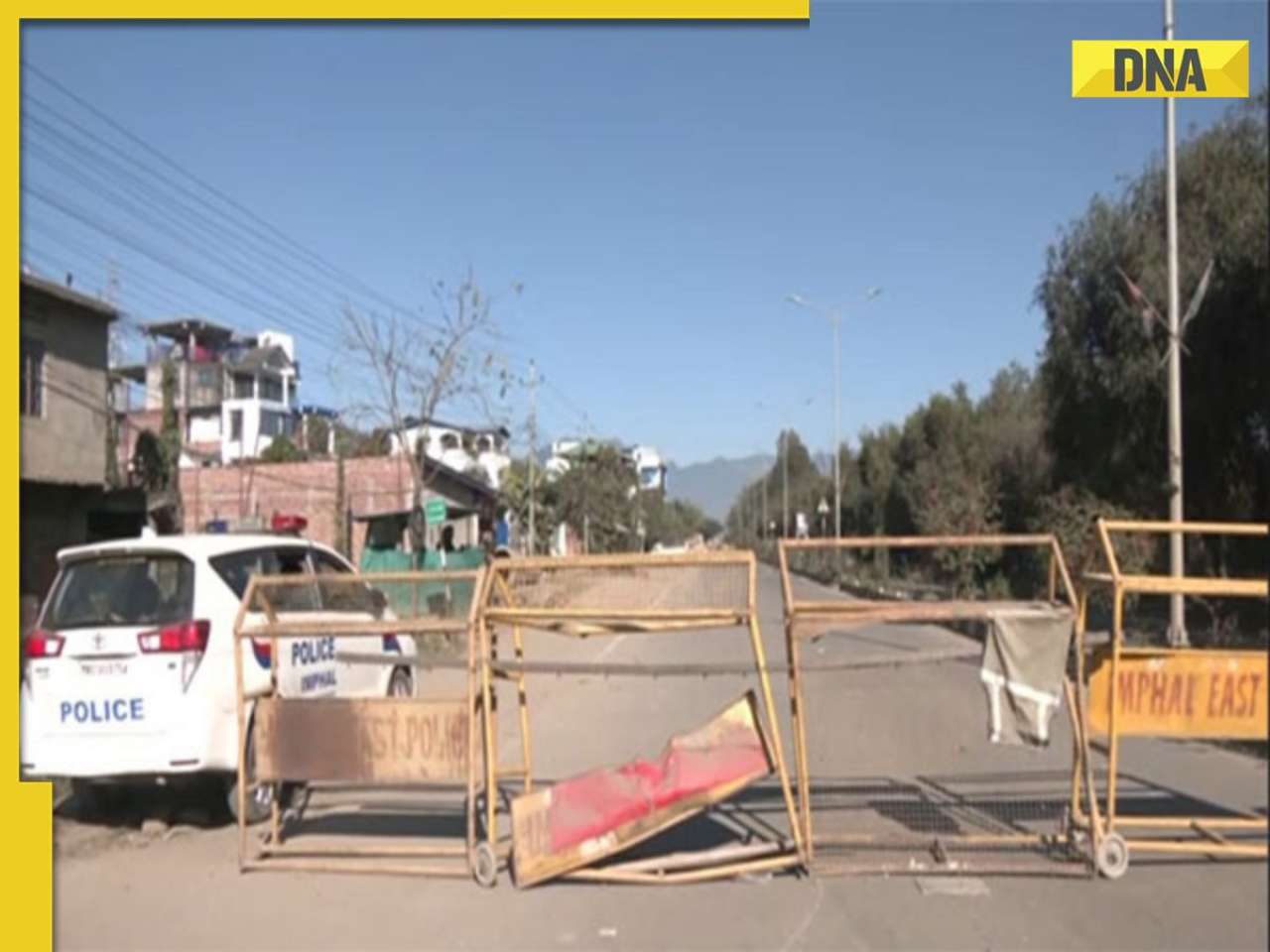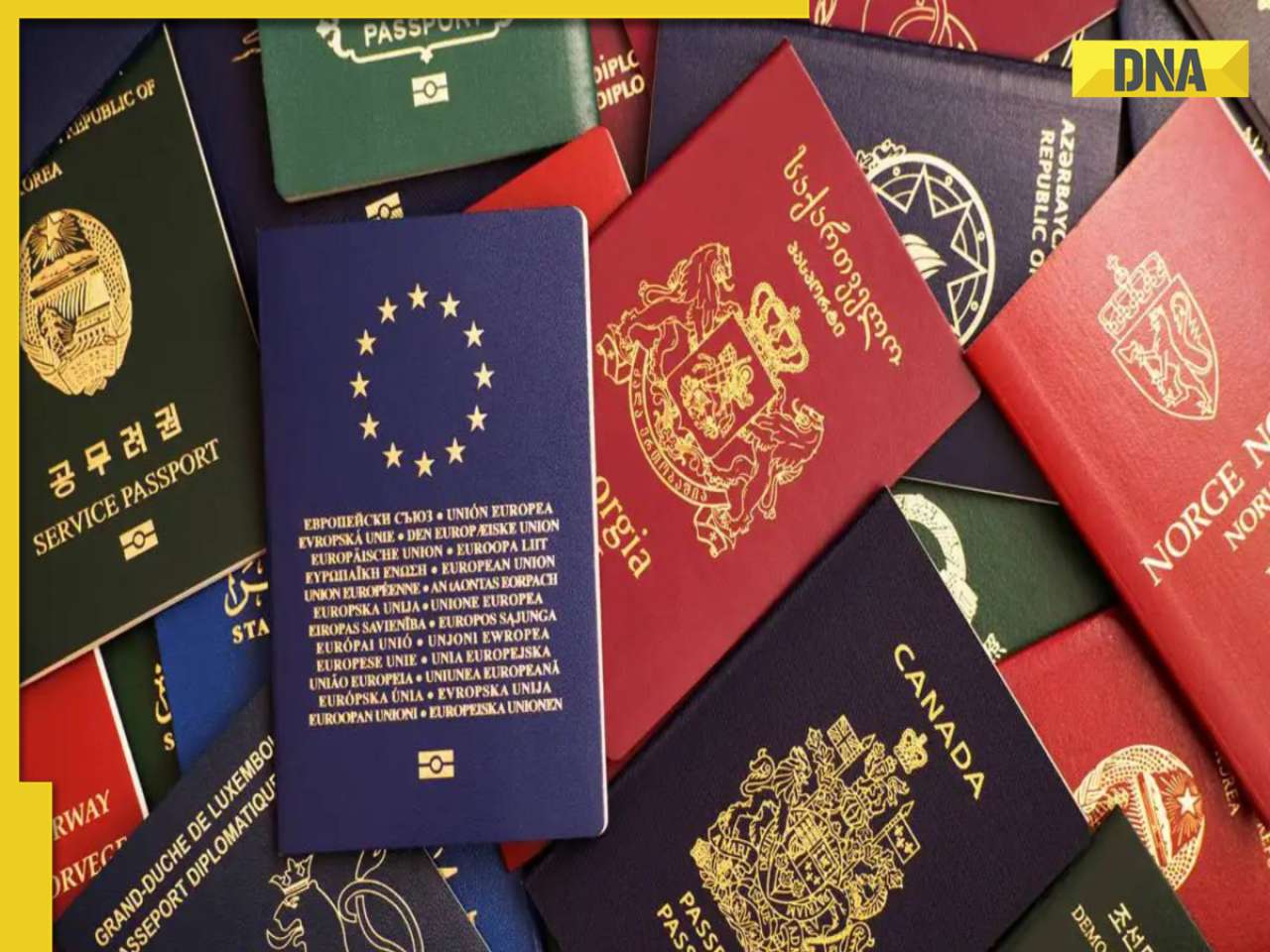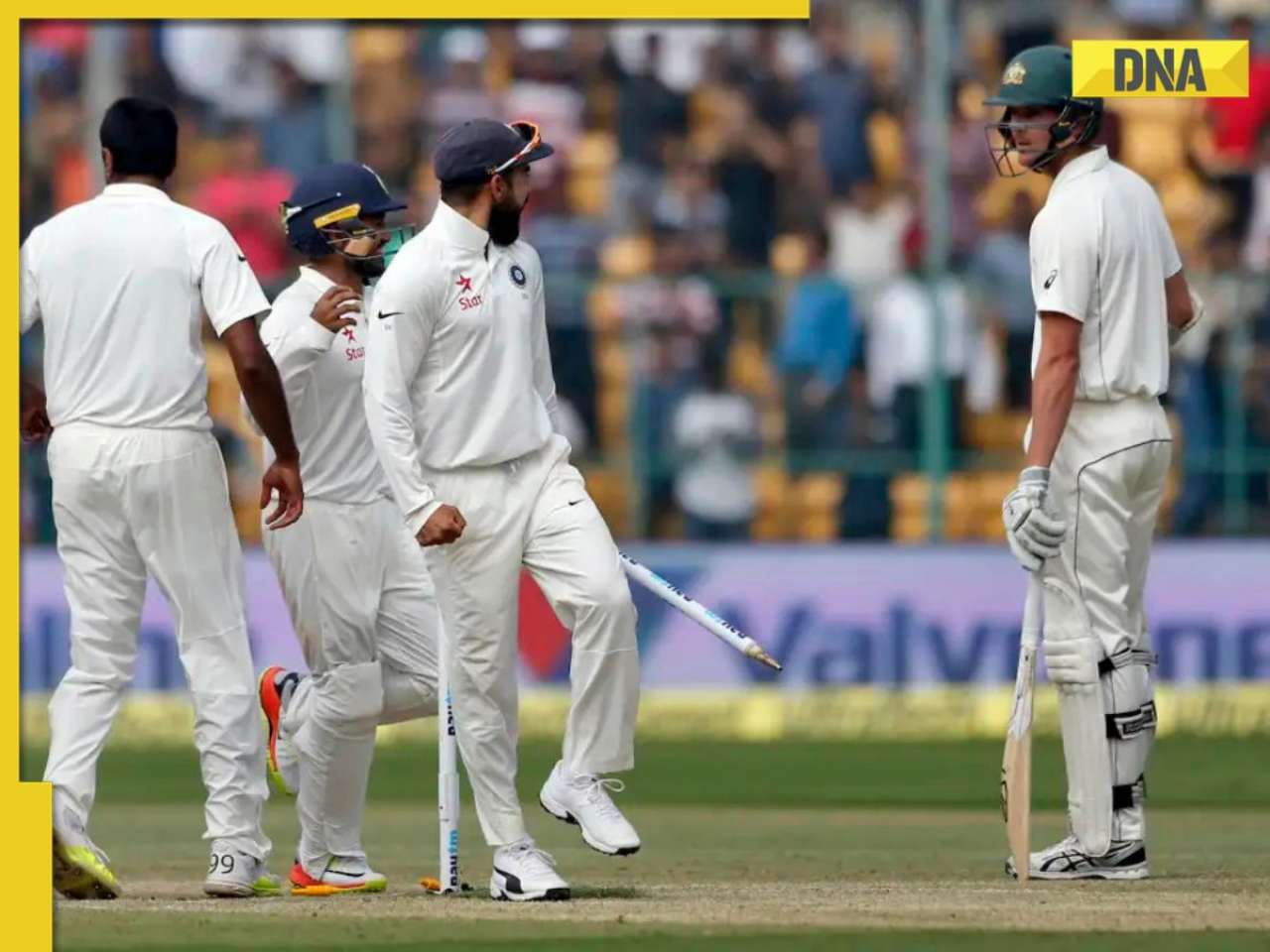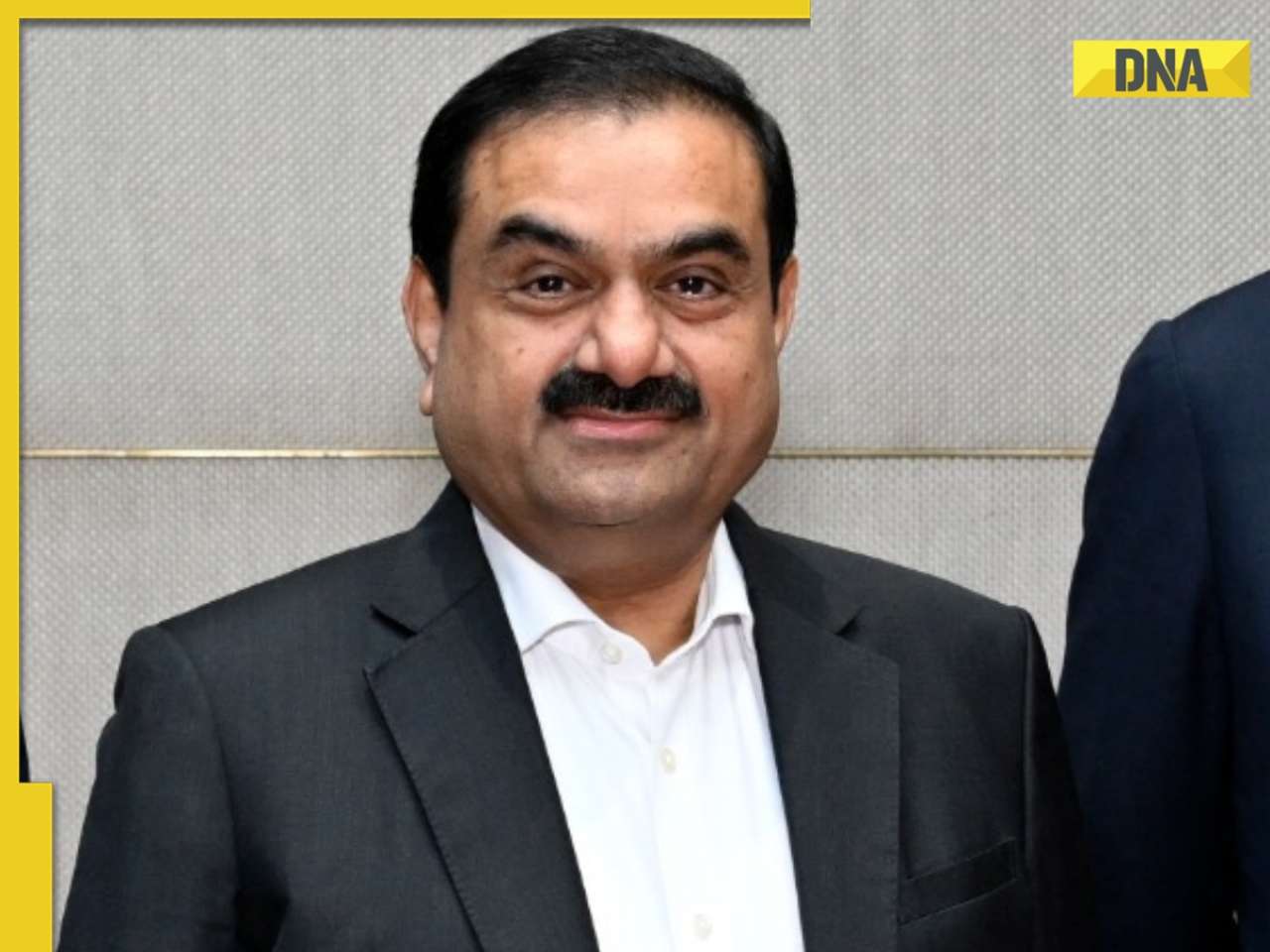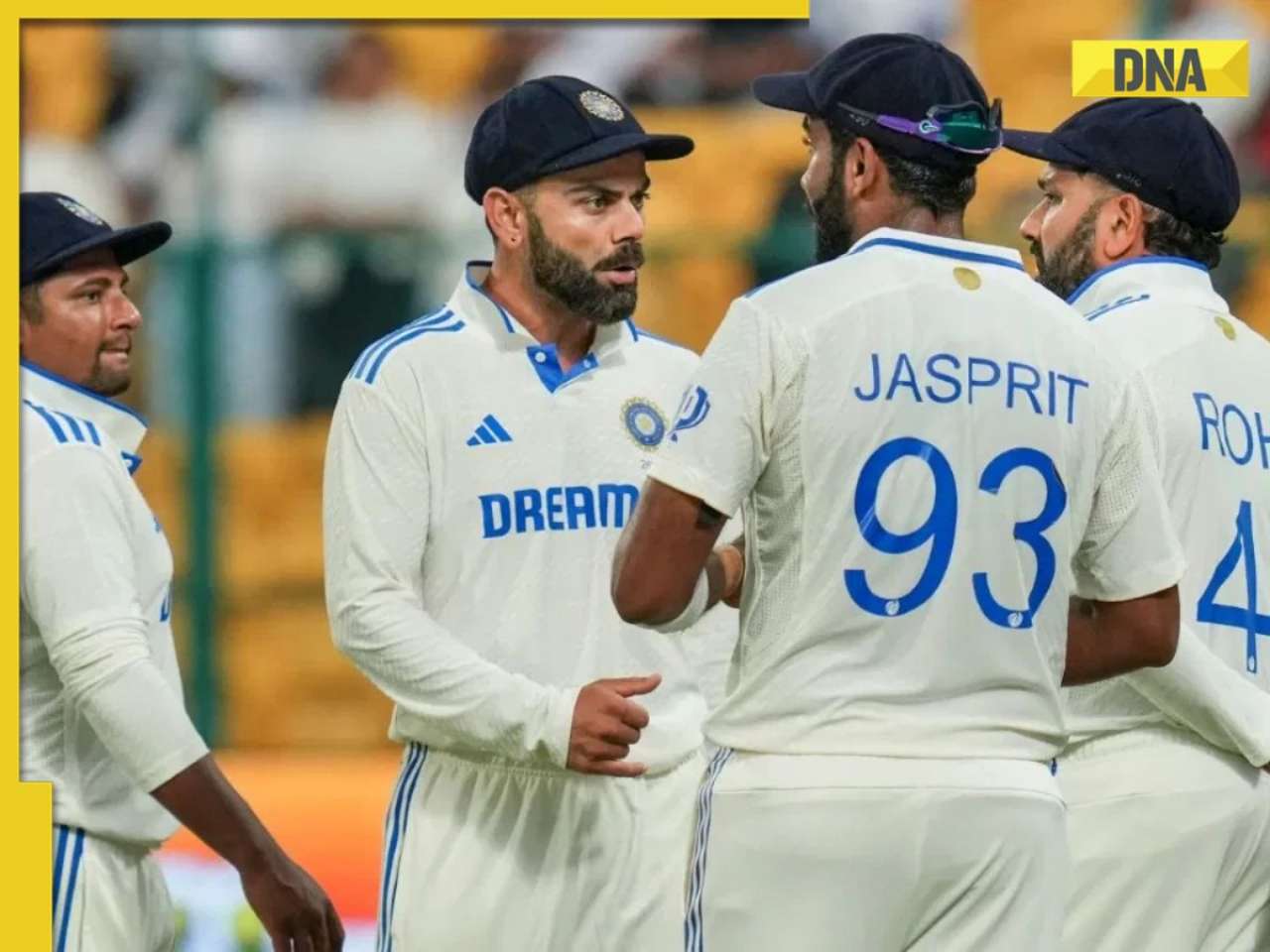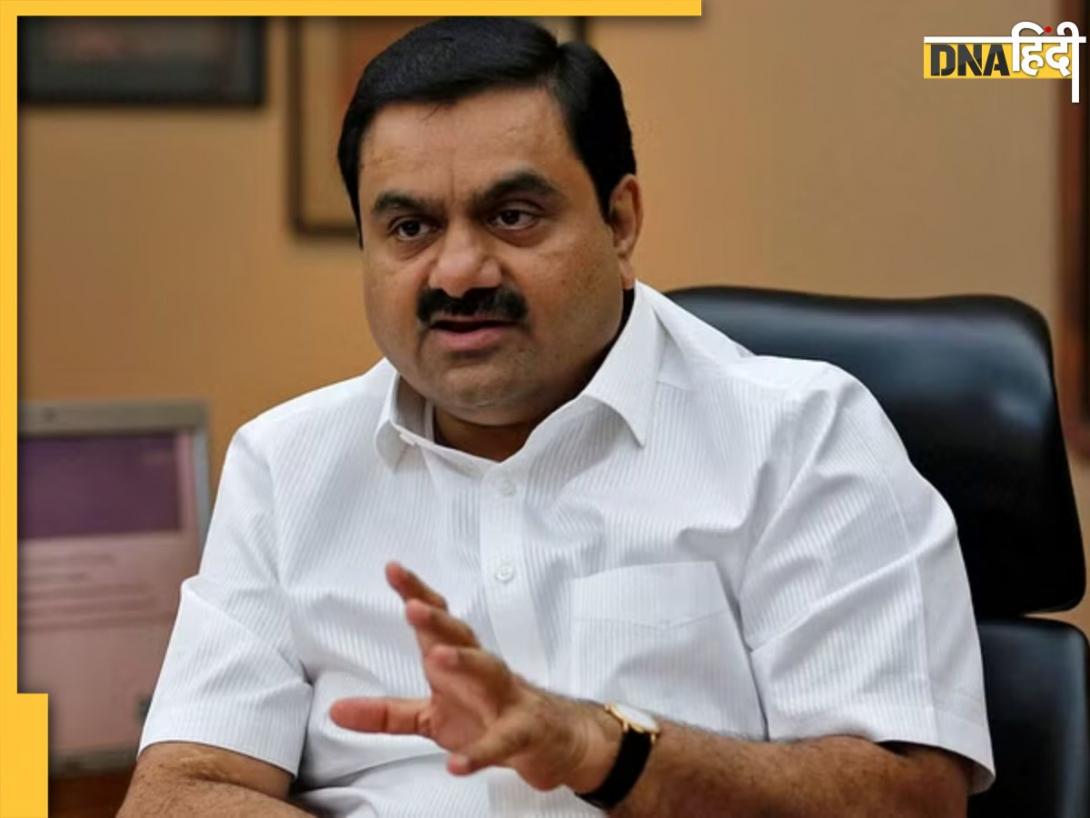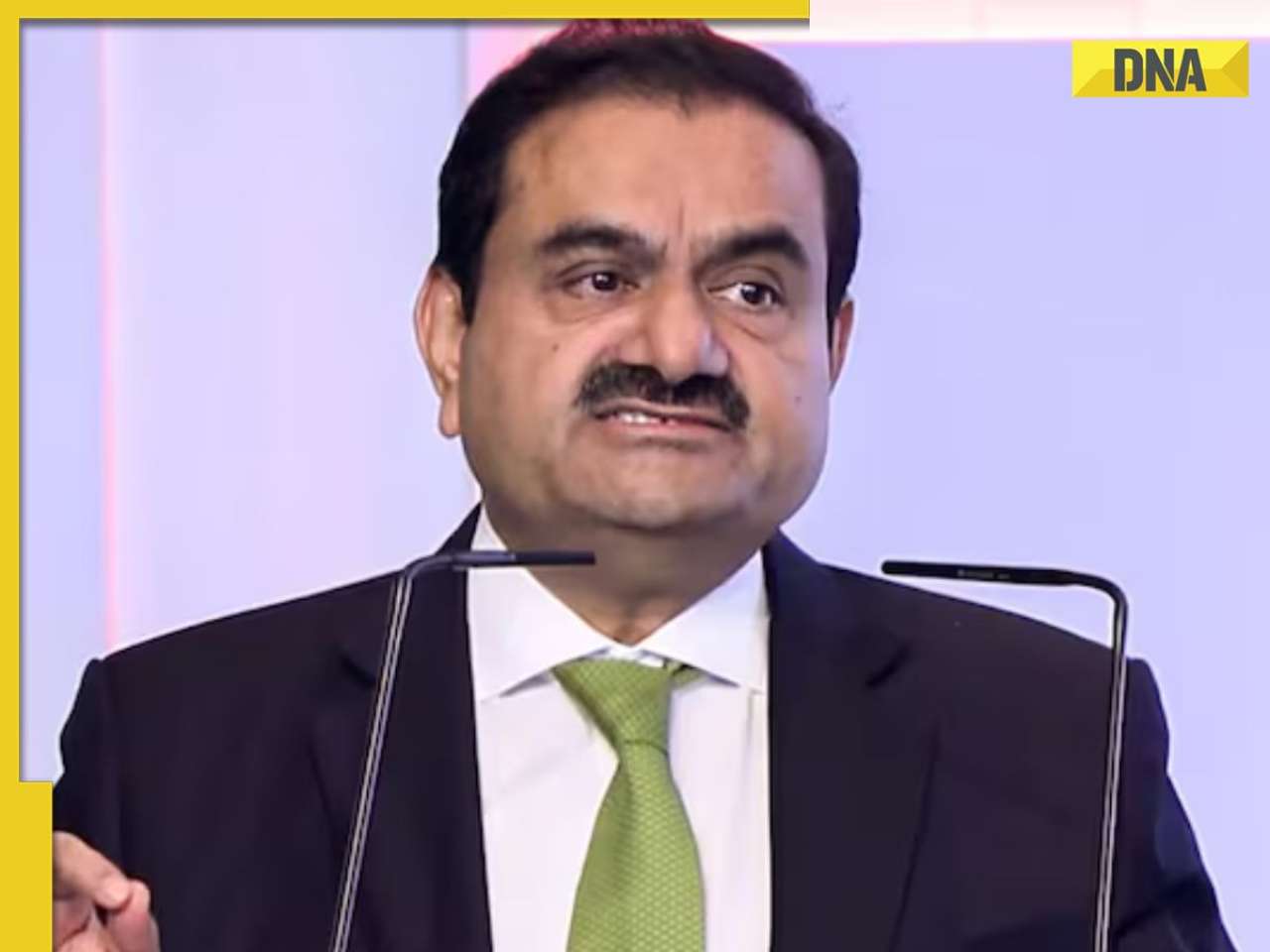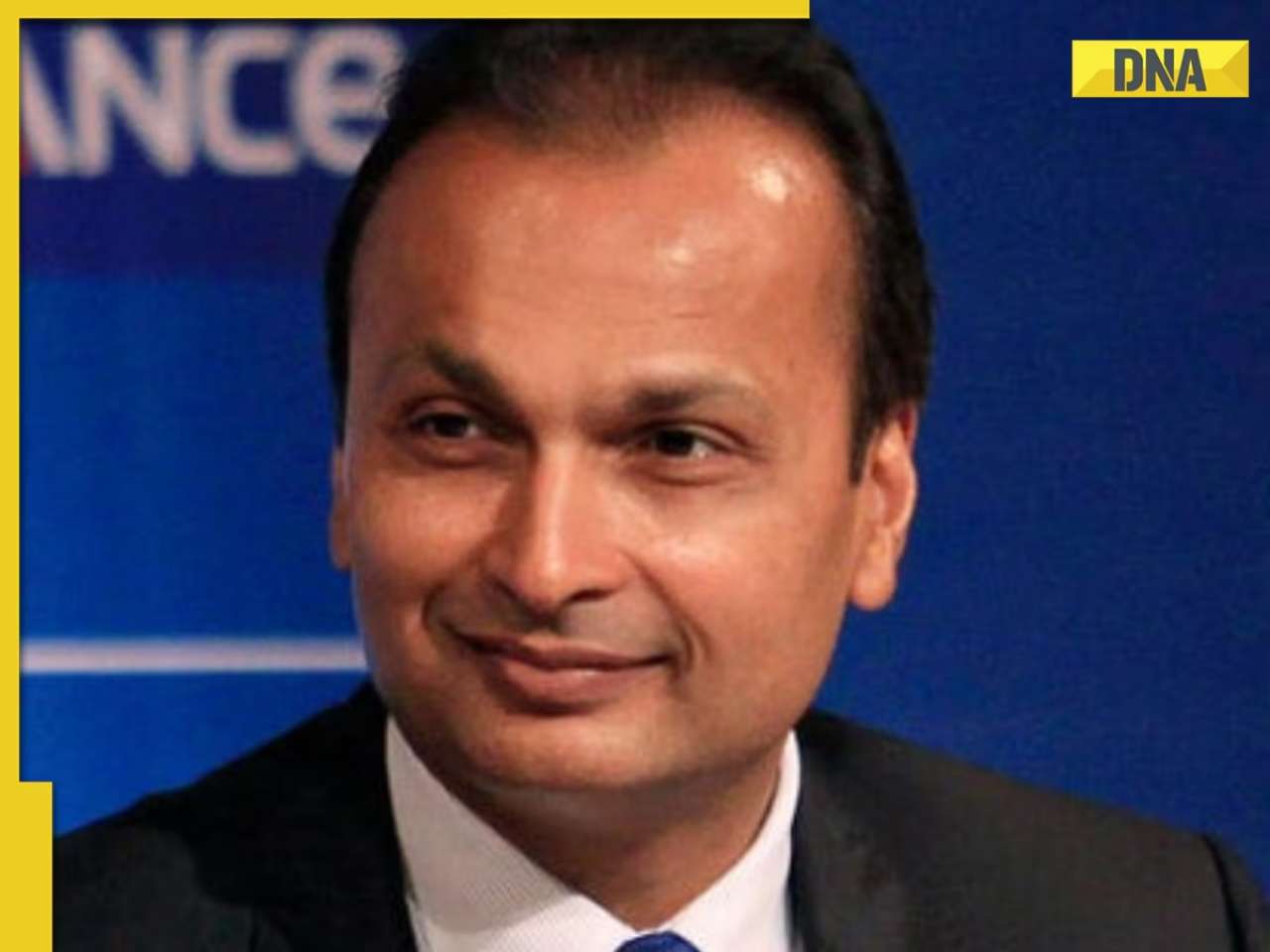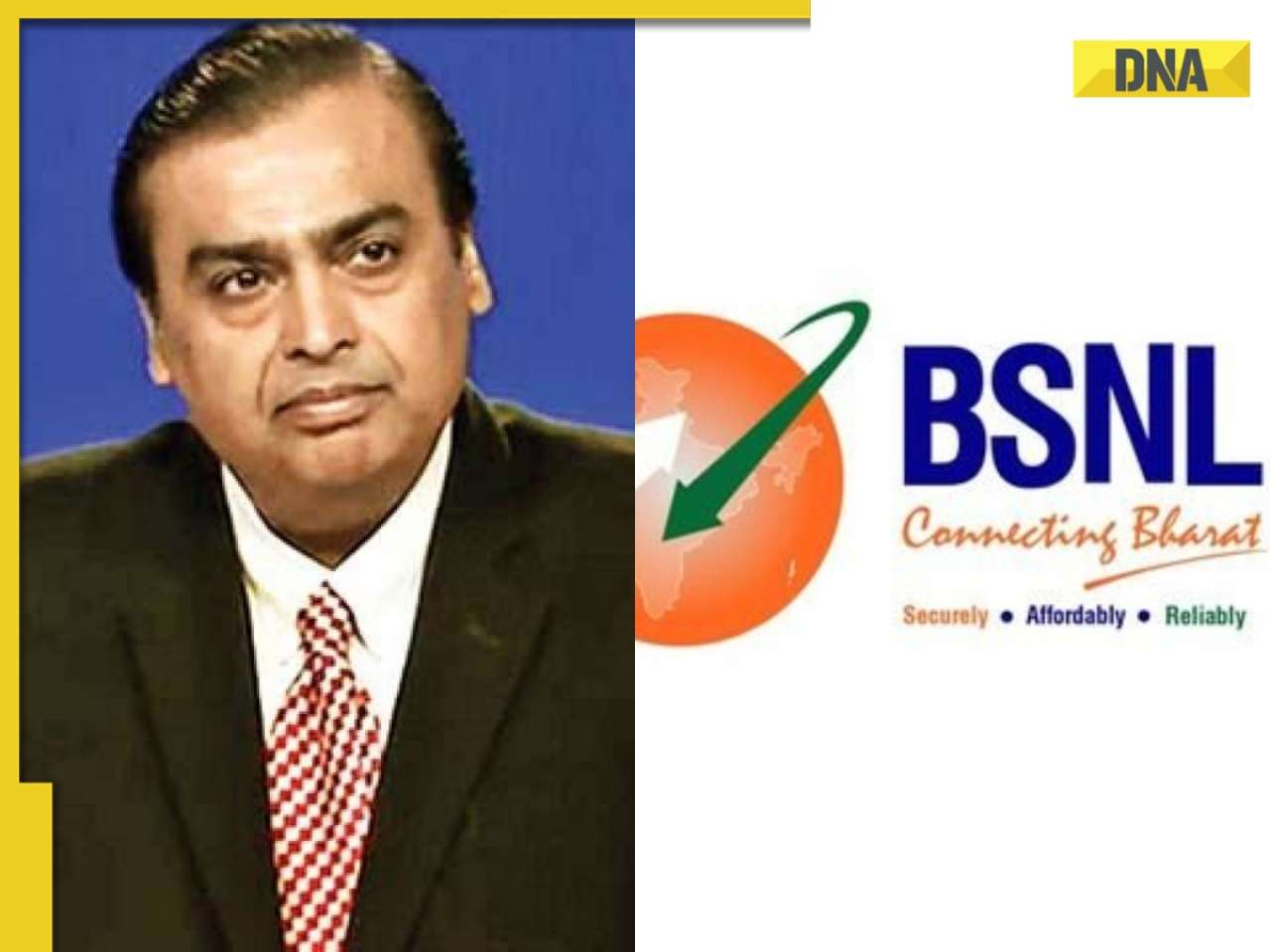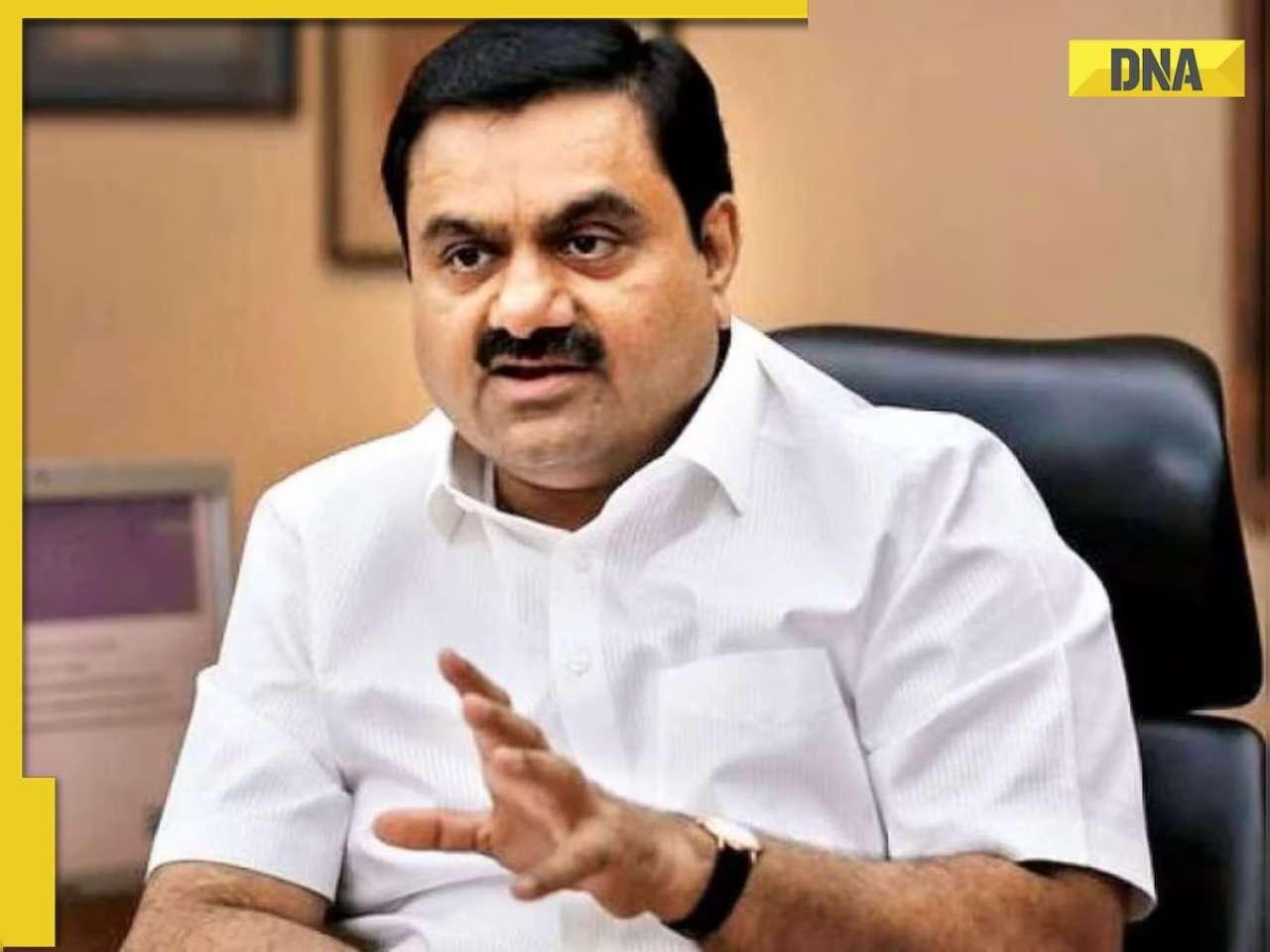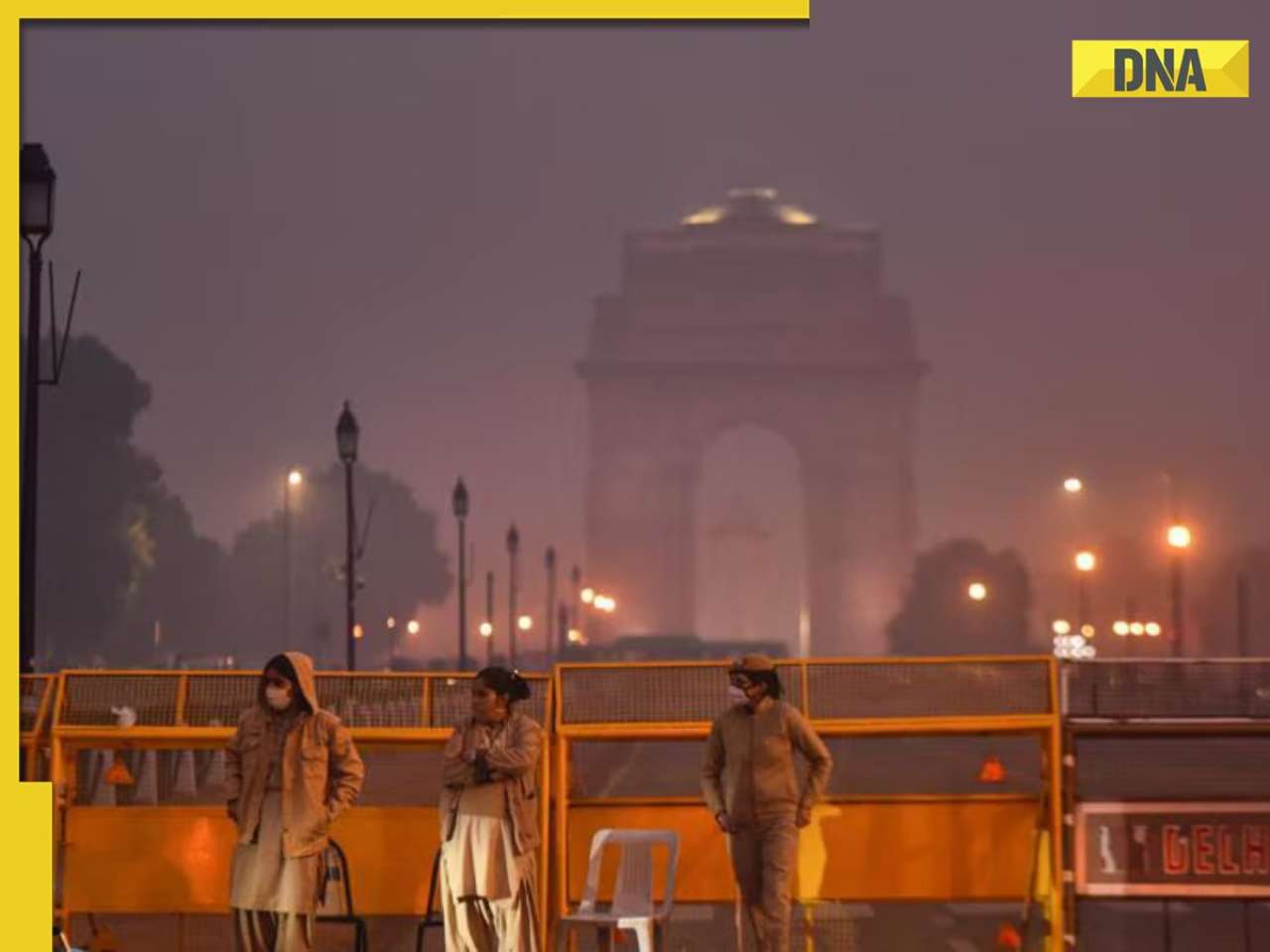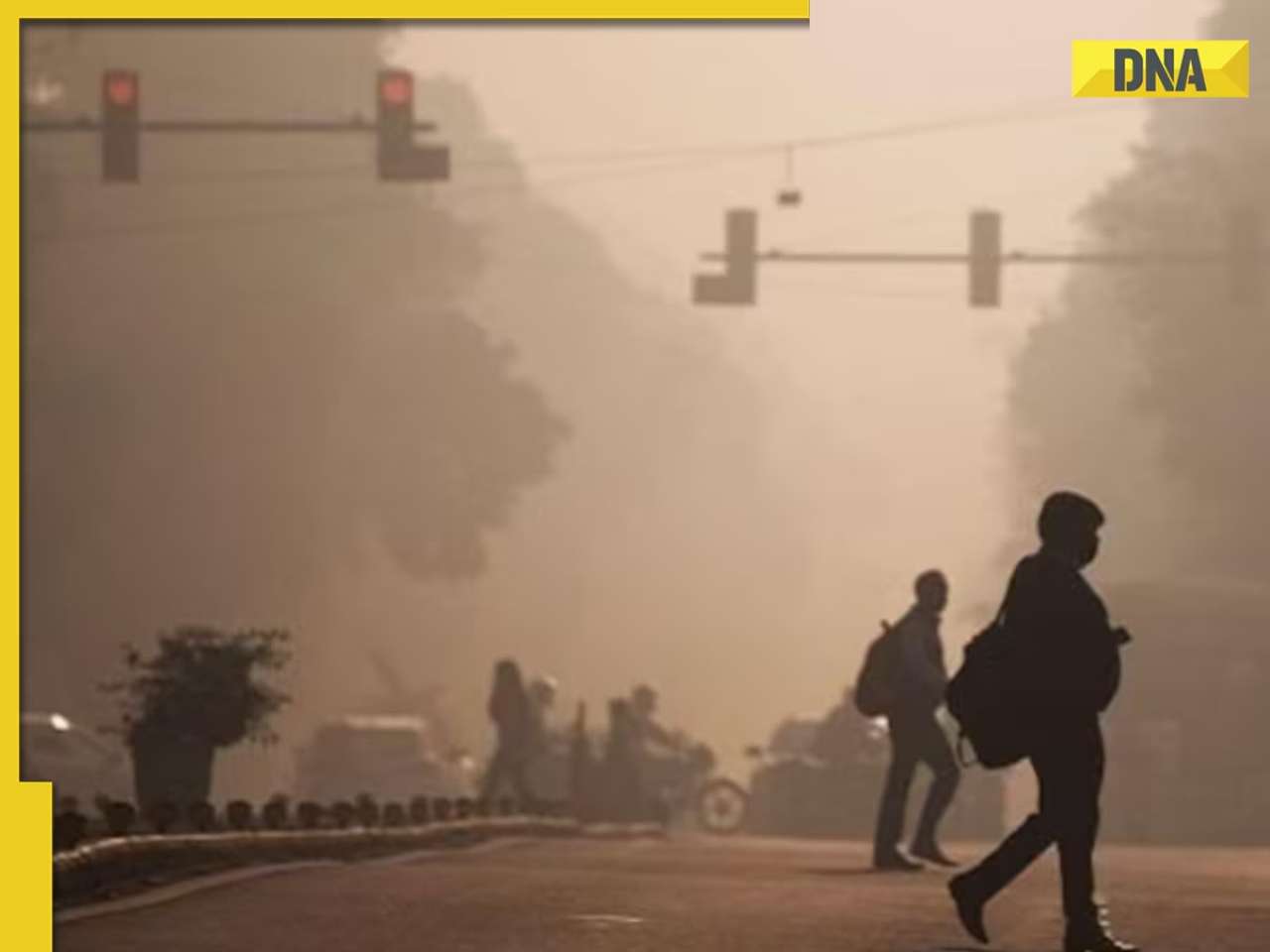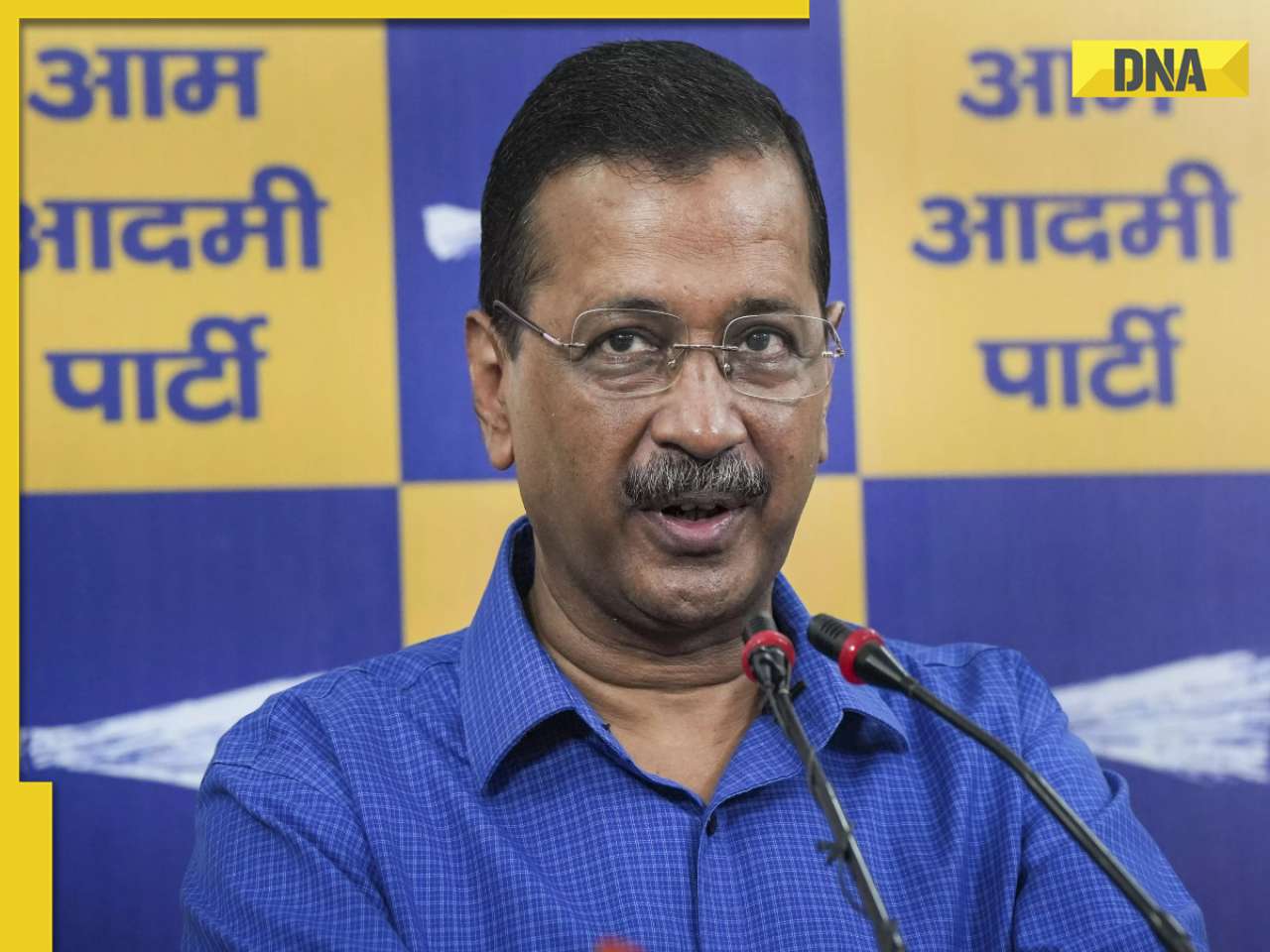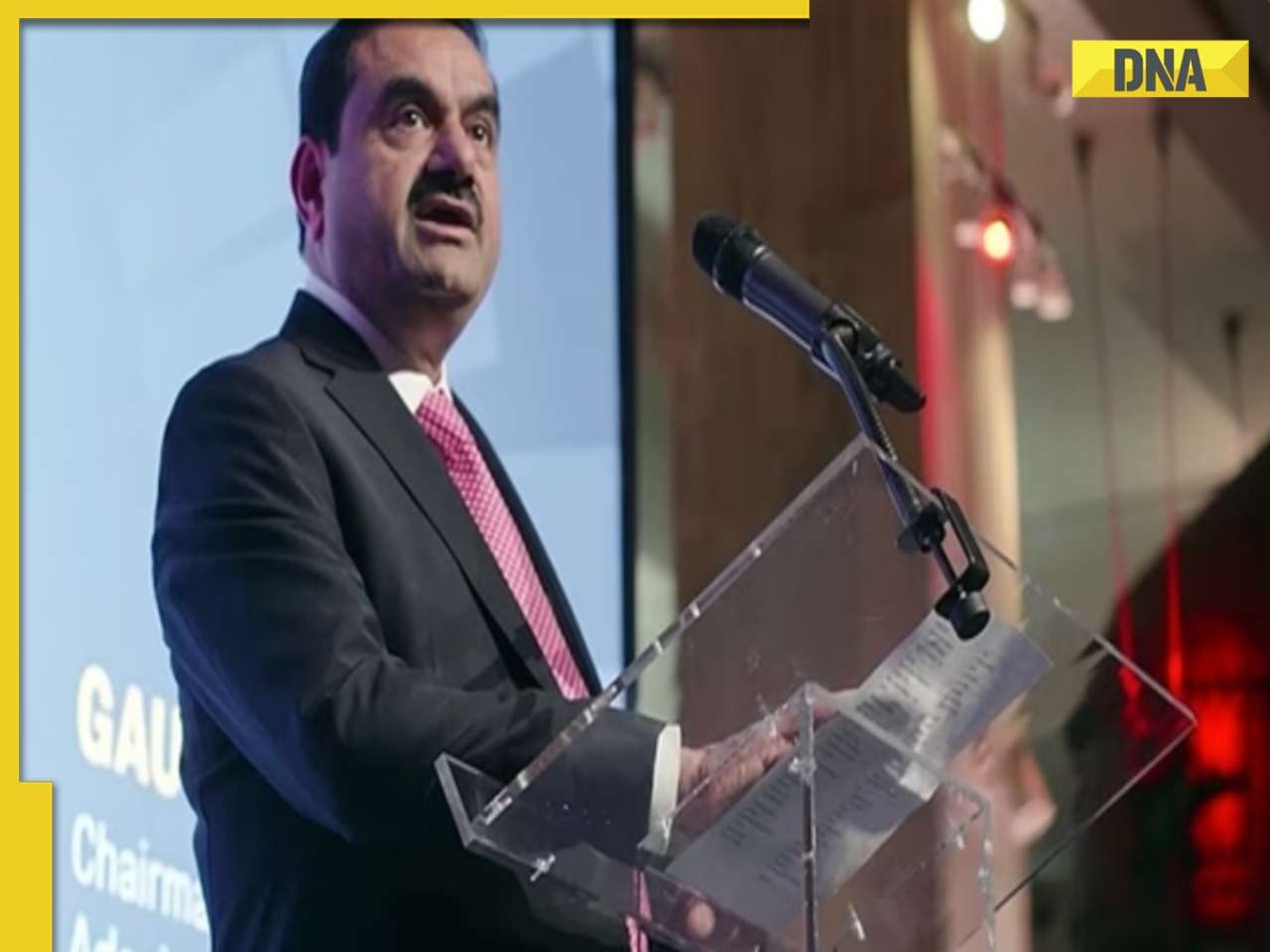- LATEST
- WEBSTORY
- TRENDING
INDIA
25 years of AFSPA: 43,000 dead in 21 years
Days before the imposition of the Armed Forces Special Powers Act completes 25 years in the state of Jammu and Kashmir, a report by Amnesty looks at the excesses of the security forces and urges for an urgent repeal of the Act
TRENDING NOW
Ghulam Nabi Magray recalls that the last time he saw his 17-year-old son, Javaid was in his room. It was on April 30, 2003. The next morning, he recalls, is that he saw his son’s dead body was in Soura Medical College, after spending a few harrowing hours at the Soiteng army camp, and then the Nowgam police station, Barzalla Hospital and SMSH Hospital. His son was picked up by the an official of the Assam regiment, and tortured to death. Moments after his son’s disappearance, Ghulam Nabi saw bloodstains and a broken tooth in the lane outside his house.
An FIR registered by the army against Javaid said that he had carried out “anti-national activity or militancy.” However, an inquiry carried out by the district magistrate said that the “deceased boy was not a militant…and has been killed without any justification by a Subedar.”
On April 28 2010, a man named Bashir Ahmad Lone asked three men Riyaz Ahmad Lone (20), Mohammad Shafi Lone (19), and Shazad Ahmad Khan (27) to travel to Machil, a place close to the Pakistan border, for jobs. That was the last anyone heard of them. The army reportedly killed the three in a fake encounter.
In the summer of 2010, more than 100 protestors were shot dead by security forces, while 3,500 were arrested and 120 detained under the Jammu and Kashmir Public Safety Act (PSA). And in 2014, the Jammu and Kashmir state home department, in response to a Right to Information (RTI) application, disclosed that 16,329 people had been detained in administrative detention under the PSA at various times since 1988.
In August 2011, the State Human Rights Commission (SHRC) in J&K stated that that it had found 2,730 unidentified bodies buried in unmarked graves in three districts of north Kashmir. The SHRC announced its intention to attempt to identify the bodies through DNA sampling.
The impunity of human rights violation in the state of Jammu and Kashmir is aided by the imposition of the Armed Forces Special Powers Act, 1990. Under section 7 of the Act, security forces are immune to prosecution from human rights violation. July 5, 2015 marks 25 years since the imposition of AFSPA and thereby, the killing, torture, kidnapping and rape of thousands.
An Amnesty report “Denied: Failures in accountability for human rights violations by security force personnel in Jammu and Kashmir”, released Wednesday, documents the army’s excesses and looks at how the government’s response to these violations failed to deliver justice. What is momentous, the report adds, is that the current chief minister of the state, Mufti Mohammad Sayeed was the Union Home Minister when AFSPA was imposed on the state.
“The violence in Jammu and Kashmir has taken a terrible human toll on all sides. From 1990 to 2011, the Jammu and Kashmir state government reportedly recorded a total of over 43,000 people killed. Of those killed, 21,323 were said to be ‘militants’,10 13,226 ‘civilians’ (those not directly involved in the hostilities) killed by armed groups, 5,369 security force personnel killed by armed groups, and 3,642 ‘civilians’ killed by security forces. Armed groups have committed thousands of abuses. In general, victims of human rights abuses in the state have been unable to secure justice, regardless of whether the perpetrator is a state or non-state actor,” reads the report.
Activists, the report states, claim that the number of casualty is twice as much. Amnesty International alone records that in the early mid-1990s, more than 800 cases of torture and deaths occurred in the custody of the security forces, apart from hundreds of extrajudicial executions and forced disappearances between 1989 to 2013.
The report further notes that in December, 2013 both the Chief of Army Staff and Head of the army’s Northern Command declared that there was “zero tolerance” for human rights violence by army personnel. Despite that, “96% of all complaints brought against the army in Jammu & Kashmir have been dismissed as ‘false and baseless’ or ‘with other ulterior motives of maligning the image of Armed Forces’,” said the report.
Complaints against excesses carried out by army officials and internal security forces are carried out within the military judicial system, denying fair trial. As per the Army Act, district court martial and summary court martials are restricted to rank personnel and two years imprisonment is the maximum punishment they can award.
It also notes that, “ … security forces operating in Jammu and Kashmir have exacerbated this situation by routinely failing to cooperate with criminal investigations, civilian courts and government-ordered enquiries, and subjecting those pursuing complaints to threats, intimidation and harassment.”
The Army Act of 1950 also prohibits trying officers of the forces for “civil offences” like rape, murder unless it was committed while in service, outside India. As Jammu and Kashmir is considered a “disturbed area”, with the exclusion of Ladakh and Leh, officials claim to be in active service all the time and are tried by military courts only.
“The Supreme Court of India has also criticised the military justice system and recommended reforms on a number of occasions, notably in 1982 when it quoted another judgement which observed, ‘[c]ourts-martial are typically ad hoc bodies appointed by a military officer from among his subordinates. They have always been subject to varying degrees of command influence. In essence, these tribunals are simply executive tribunals whose personnel are in the executive chain of command’,” reads the report.
The report was prepared by Amnesty based on field research, documentation and information provided by officials under the RTI Act, Jammu and Kashmir State Act and Central Act. Amnesty also met with 58 families members of victims of alleged human rights violations.
Till today, the army refuses to disclose the number of personnel deployed in the state. Experts claim that there are anywhere around 6,00,000 troops, to aid counter-insurgency operations and guard the ‘Line of Control’ bordering Pakistan. That is, “in addition to deployments of CRPF and BSF personnel, whose primary charge is to aid the state police in the maintenance of law and order,” says the report.
The ministry of defence has received several applications seeking sanctions to prosecute army officials for human rights violations, even though the number is difficult to ascertain due to the lack of transparency of the process. “According to a Ministry of Defence response dated 18 April 2012 to an application filed under the Right to Information Act, 2005 by activists in J&K, the MoD had received 44 applications seeking sanction to prosecute army personnel for criminal offences committed in Jammu and Kashmir since 1990,” reads the report. However, sanction was denied in 35 cases as of April 3, 2012.
Three families have challenged these denial of sanctions; family of Manzoor Ahmad Mir, who was taken away in 2003 and believed to be killed, family of Ashiq Hussain who was tortured to death in custody in 1993, and Javaid’s family. Manzoor’s family said that it was a violation of Article 14 of the Constitution. However, there has been no response to that by the Union of India in the court since, and there has been no hearing.
The army has had a few prosecutions. These include the death of two men, Faisal Yusuf Bhat and Mehrajuddin Dar, in November, 2014, who died after personnel fired at their car. The army admitted that it was “a mistake”. Another includes the announcement by the army last November to try nine personnel of the 53 Rashtriya Rifles under military law for killings.
The AFSPA and the excesses committed under it also violate the right to truth, to remedy, to reparation. It is the duty of the state to provide justice under international human rights standards, including Article 8 of the Universal Declaration of Human Rights, The Basic Principles and Guideline on the Right to a Remedy and Reparation or Victims of Gross Violations of International Human Rights Law and Serious Violations of International Humanitarian Law, and Article 2(3) of the International Covenant on Civil and Political Rights (ICCPR), to which India is a state party.
“The definitions of grievous hurt are not in line with the United Nations Convention against Torture and Other Cruel, Inhuman, or Degrading Treatment or Punishment, which India signed in 1997 but has yet to ratify. Proposals to further codify the crime of torture in a Prevention of Torture Bill, 2010, which lapsed in 2014, in any case fell short of the standard required under the Convention,” reads the report.
The JS Verma committee, after the December 16 rape case, too, recommended that AFSPA should be amended to bring sexual violence against women by members of the armed forces or uniformed personnel under criminal law.
The report also speaks of the violence carried out by the state police. Like in the case of Sheila, who despite being tortured and sexually assaulted by a deputy superintendent of police, could not register a complaint with the police. She was 15 or 16 years, and was picked up by the police to investigate the death of a suspected militant, who was her neighbour. Police constables beat her with the leg of a chair, which had nails attached to it, and she was on the first day of her period.
“The DSP (came in and) beat me with the leg of the chair with the nails still in it -- on my legs, on my stomach and my vaginal parts. Then I fell unconscious. The nails went inside my legs and made them swell,” she says. After she tried to register a complaint, the Inspector General came to her house with a cheque of Rs 2 lakh, and jobs for her brother. Sheila refused and registered a complaint with the State Human Rights Commission. Nothing happened after that.
In 2012, the state government drafted a Bill to establish Police Complaints Authorities at the state and district level. The Bill, which suffers from serious flaws, has not yet been presented before the state legislative assembly.
The report recommends, apart from the repeal of AFSPA, that the jurisdiction of military courts be restrained to those of strictly military nature, apart from removing all requirements of sanction for prosecuting army personnel for excesses carried on innocent civilians. They further recommend that investigation proceedings must be made public, apart from defining all forms of torture, forced disappearances and crime as per international law. Cases of past inquiry findings of violations must be made public, whereas compensation mechanism be well-defined. Security forces against whom complaints are registered be withdrawn, and personnel be trained in international human rights standards.
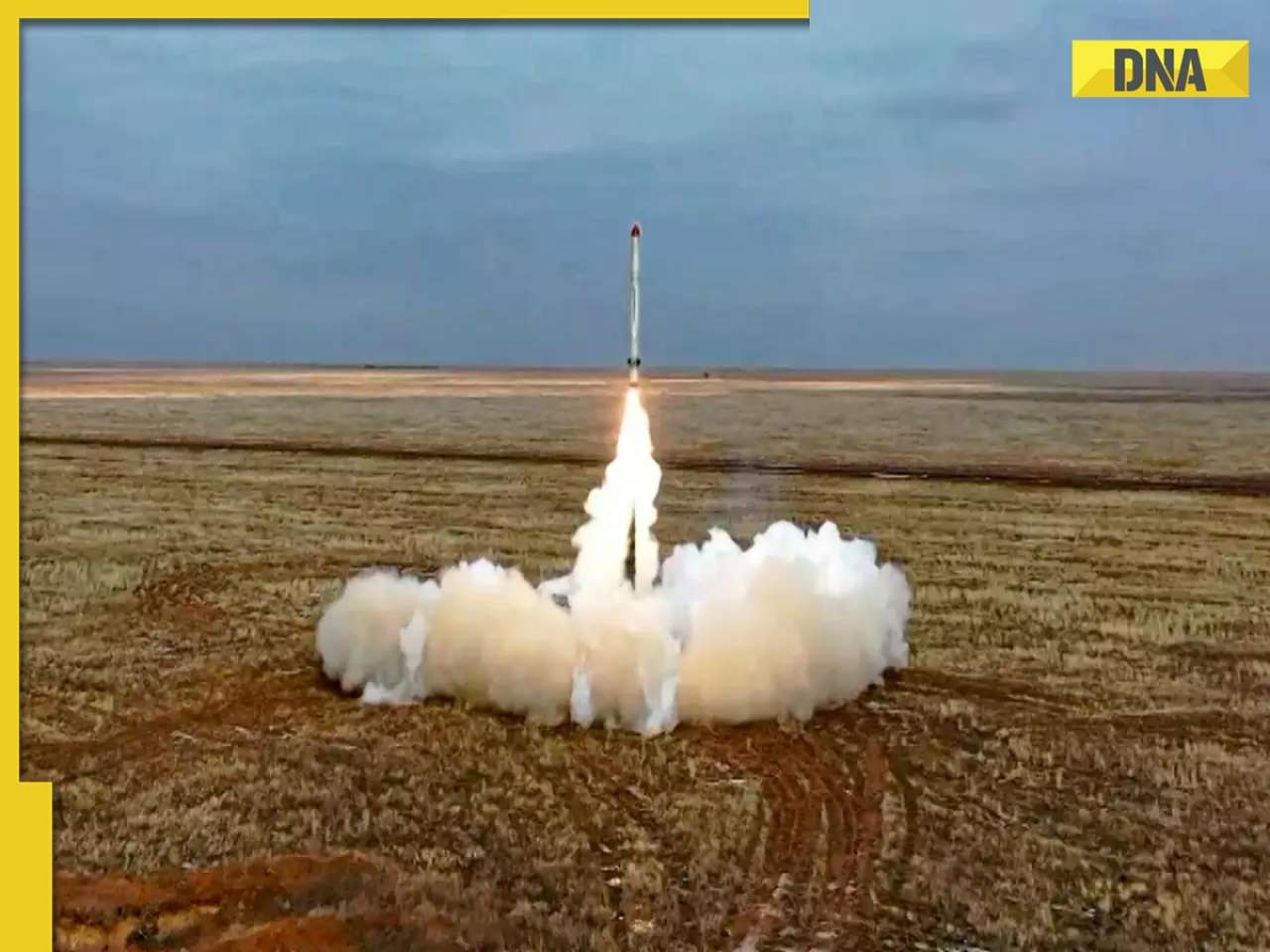






)
)
)
)
)
)
)
)
)
)
)
)
)
)
)
)





